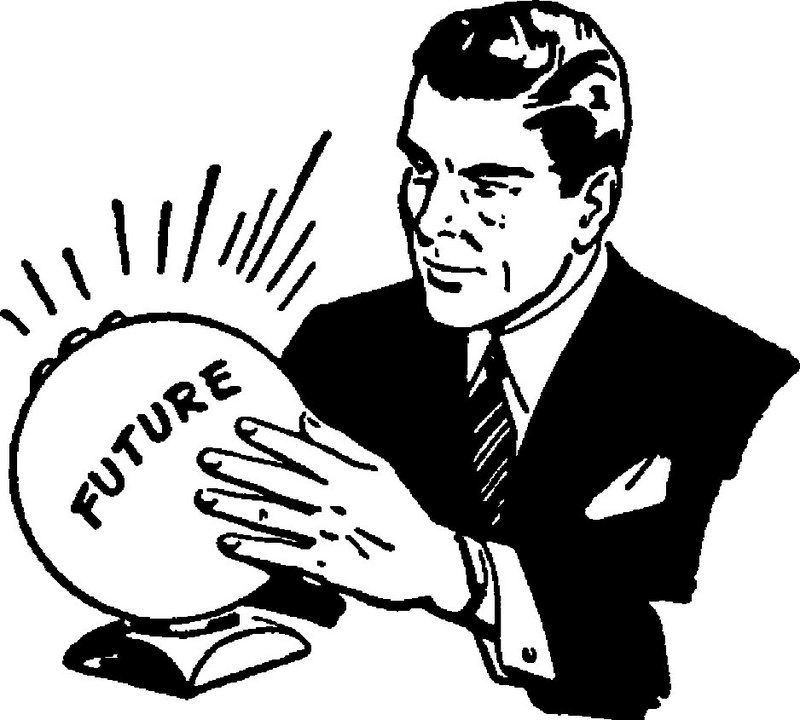Why do people experience the same situation so differently?
Because we don’t respond to the world.
We predict it.
And how do we predict the world? Through past experience.
Basically, people experience the same situation differently because they have different pasts.
This is the focus of chapter 4 of Lisa Feldman Barrett’s new book, Seven and a Half Lessons About the Brain.
(I’m going through one lesson a week as part of the launch of the Being With podcast on neuroscience, spiritual formation, and faith).
By the way, the Being With podcast Launches on April 12!
Previous Posts:
- Your Brain Is Not For Thinking
- You Have One Brain (Not Three)
- Your Brain is a Network
- Your (Social) Brain Wires to the World
- Your Brain Predicts (Almost) Everything
- Your Brain Works With Other Brains
- Brains Build More Than One Kind of MIND
- Our Brains Create Social Reality
Predicting Our Present According to Our Past Help Us Survive
In the last post we looked at how we are wired to the world, turning and pruning our neural connections in conversation with the people in our lives.
And we have to remember that our brain isn’t for thinking, but surviving.
Is the best way for us to survive to just respond to the environment with all the information of the present?
No.
Because we might respond too slow (and die).
Instead, our brains take all the present information and adds it to all the past information from everything we’ve learned and experienced.
And the combination of past experience and present information priming us to respond is called prediction.
This is the example Barrett gives:
Think of the last time you were thirsty and drank a glass of water. Within seconds after draining the last drops, you probably felt less thirsty. This even might seem ordinary, but water actually takes about twenty minutes to reach your bloodstream. Water can’t possibly quench your thirst in a few seconds. So what relieved your thirst? Prediction. As your brain plans and executes the actions that allow you to drink and swallow, it simultaneously anticipates the sensory consequences of gulping water, causing your to feel less thirsty long before the water has any direct effect on your blood. (72)
Constructing and Updating Experience
So your brain takes current information and connects it to past information as a prediction.
In this way our brain constructs your present experience.
And this construction of experience is really a conversation within the brain.
Again, as Barrett says,
A bunch of neurons make their best guess about what will happen in the immediate future based on whatever combination of past and present that your brains is currently conjuring… Meanwhile, sense data from the world and your body inject itself into the conversation, confirming (or not) the prediction that you’ll experience as your reality. (74)
Predicting and Acting is Mostly Preconscious
Now the real interesting thing is that most of this predicting happens on the preconscious level.
Your brain is predicting and initiating actions based on those predictions before all that information (and any related “decision”) hits the conscious part of our brain.
Why does this happen?
Because our brains are for surviving, not for thinking.
Are We Still Free?
Barrett acknowledges that she is getting into thorny philosophical (and theological) waters by bringing up the reality (or lack of) free will.
Because our present actions are constructed from past information and experiences, it is really hard to change how we act in the present (because our present predictions are mostly automatic).
But what about the future?
“It’s impossible to change your past, but right now, with some effort, you can change how your brain will predict in the future…Everything you learn today seeds your brain to predict differently tomorrow.” (78)
In a sense your past self is responsible for your present actions. And your present self is responsible for your future actions.
In other words, I can bathe my brain in different experiences in the present so that I create different predictions in the future, and with different predictions will come different actions.
In other words, “Your actions today become your brain’s predictions for tomorrow, and those predictions automatically drive your future actions” (82).
Set Your Mind on Things Above
Maybe Paul intuited this neurological reality when he said,
Since you have been raised with Christ, set your hearts on things above, where Christ is, seated at the right hand of God. Set your minds on things above, not on earthly things. (Col. 3:1-2)
When our present minds are set on the things of God in heaven, maybe our future selves will participate in the in-breaking kingdom of God on earth.
So you don’t miss any neuroscience and faith summaries of Barrett’s work, please subscribe to my newsletter (here or above in the sidebar) and/or follow the launch of Being With: On Neuroscience and Faith.

